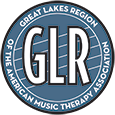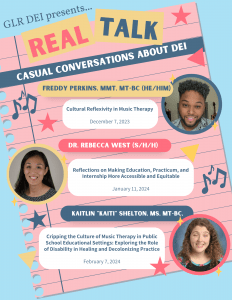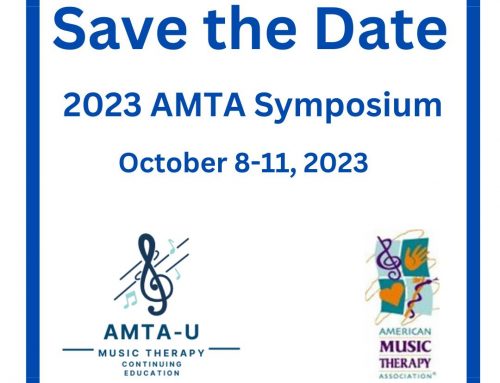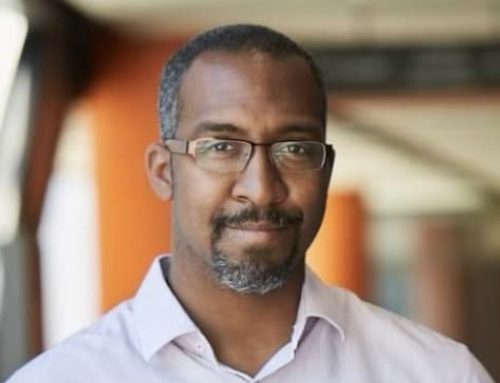GLR DEI Real Talk Series
GLR DEI presents Real Talk: a series of casual conversations with professionals sharing their lived experiences and expertise on various topics related to diversity, equity and inclusion. You are invited to attend via YouTube live stream, with the opportunity to submit questions to presenters in real time. All recordings and links are available on our GLR Linktree.
“Cultural Reflexivity in Music Therapy” – Freddy Perkins, MMT, MT-BC (he/him), is a queer Black music therapist and narrative practitioner. Freddy owns Attune Music & Wellness and works primarily with LGBTQIAS+ BIPOC. He is an advanced trainee in analytical music therapy and gender affirming voicework and serves on the music therapy faculty at Slippery Rock University and IUPUI.
In Cultural Reflexivity in Music Therapy, he would discuss what it means to be culturally reflexive and walk participants through exercises that help start the process of unpacking bias. Additionally, he would discuss the importance of the therapist’s intersectional identity and how that influences the therapeutic process.
“Reflections on making education, practicum, and internship more accessible and equitable” – Dr. Rebecca West (s/h/h) is an Assistant Professor at Texas Woman’s University. She has a wide range of clinical experience and has worked alongside other creative arts therapists and allied health professionals. Rebecca’s teaching philosophy is grounded in tenets of critical pedagogy, feminism, anti-ableism, and post-colonialism. She identifies as a BIPOC music therapist and is passionate about working to center underrepresented or historically marginalized music therapy communities.
Rebecca will share from her experiences as a former internship director and supervisor, and current educator. Topics will include ways she has not always supported students in the most accessible, equitable ways. She will also share ways she has grown and implement more accessible and equitable practices. She will also center what other researchers and individuals who identify as belonging to underrepresented communities have noted and recommend. She would like for anyone who listens or watches to come away wanting to engage in more self-reflection and critical analysis of how to incorporate what is discussed into their educational programs, practicum placements, and internships.
“Cripping the Culture of Music Therapy in Public School Educational Settings: Exploring the Role of Disability in Healing and Decolonizing Practice” – Kaitlin “Kaiti” Shelton, MS, MT-BC, is a school-based music therapist working with disabled preschool and elementary students in Saint Paul, Minnesota. Her experiences particularly as a queer disabled woman along with scholarship in disability studies have profoundly shaped her philosophy and practice. She values creating space for her students to be affirmed and accepted in all aspects of their identities, especially where multiple parts of their humanity intersect. She draws connections between disability-affirmative practices and decolonization, restorative movements, and self-advocacy and empowerment. Kaiti holds a bachelor’s degree in music therapy from the University of Dayton and a Master of Science in Music Therapy from Indiana University Indianapolis.





When will the link be emailed for “Cripping the Culture of Music Therapy in Public School Educational Settings: Exploring the Role of Disability in Healing and Decolonizing Practice” ? I’m hosting a watch party with some students.
Here is the link for the livestream: https://glr-amta.us11.list-manage.com/track/click?u=49ef525d15edb15aace759dd3&id=0eaf805b1f&e=e1b56f803f